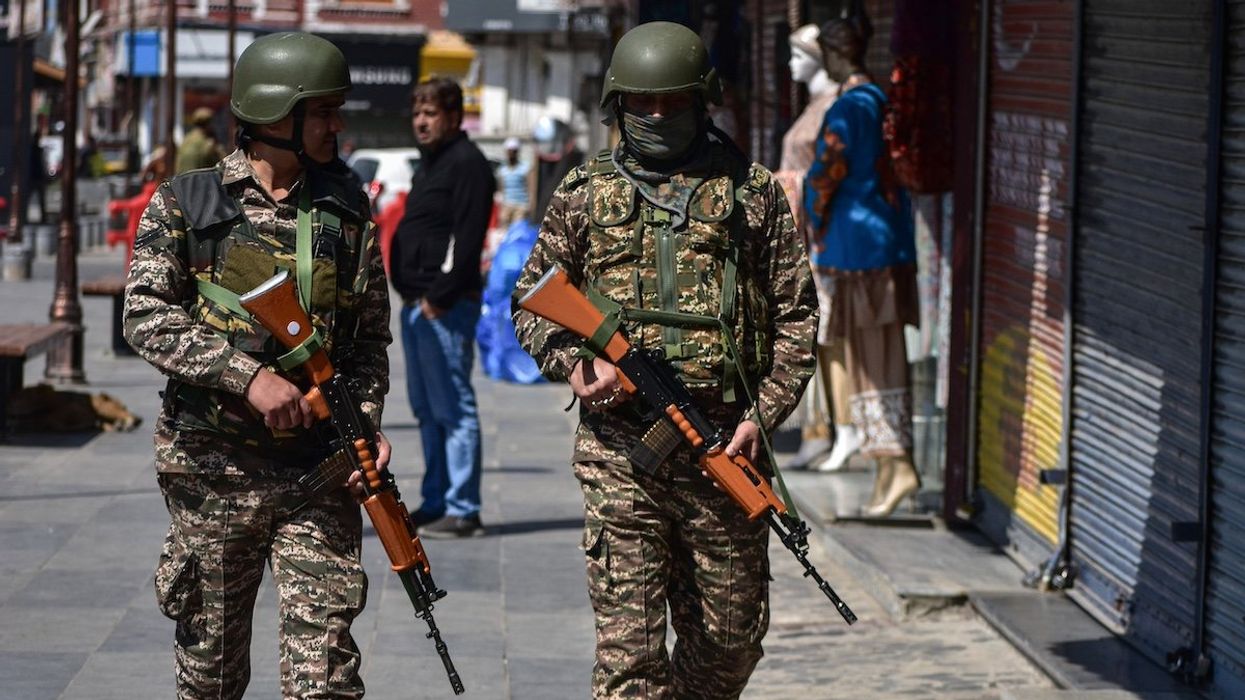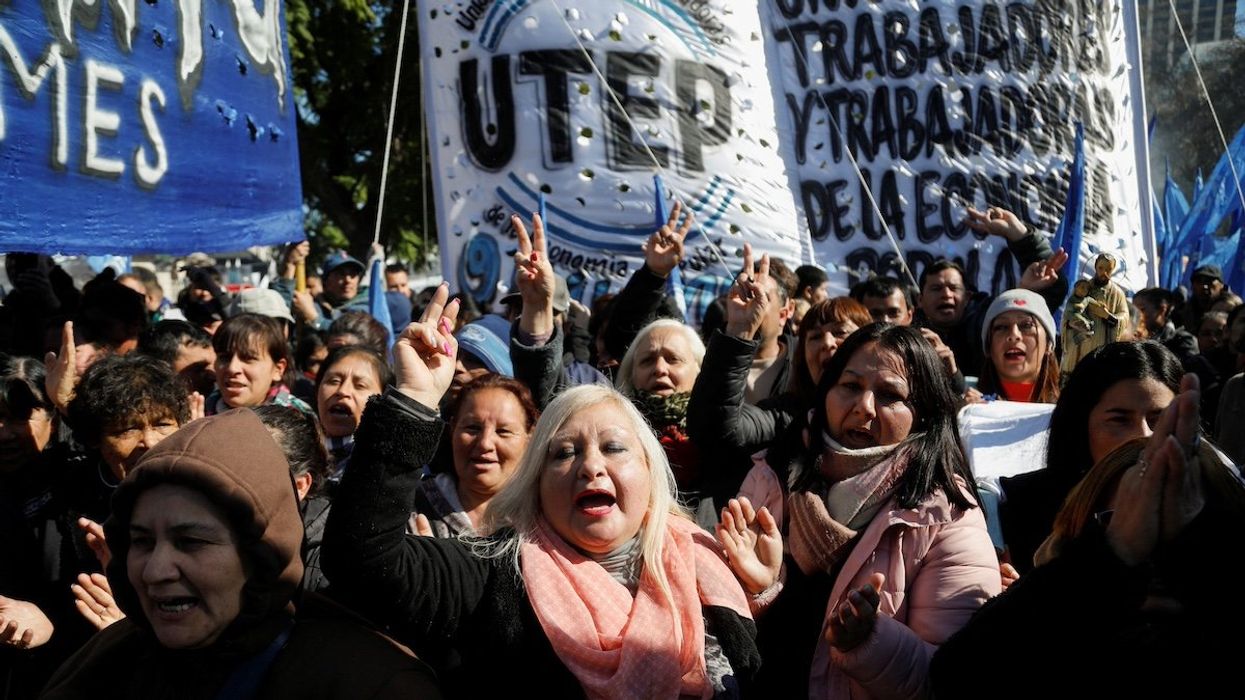What We're Watching
India and Pakistan inch toward a major clash
Nerves are fraught throughout Pakistan after authorities said Wednesday they have “credible intelligence” that India plans to launch military strikes on its soil by Friday.
Apr 30, 2025








